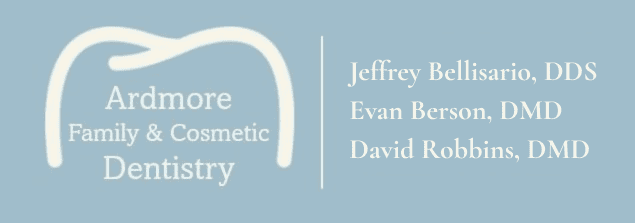When most people think about sleep apnea, their first thought might be a noisy CPAP machine or a visit to a sleep specialist. But what many don’t realize is that dentists can play a significant role in diagnosing and managing sleep apnea. This surprising connection is gaining traction in the world of healthcare, especially as more people seek less invasive, more comfortable alternatives to traditional treatments.

Understanding Sleep Apnea
Sleep apnea is a condition where breathing repeatedly stops and starts during sleep. The most common type, obstructive sleep apnea (OSA), occurs when the muscles in the back of your throat relax too much, blocking the airway. This can lead to poor sleep quality, loud snoring, gasping for air during the night, and excessive daytime fatigue. If left untreated, it can increase the risk of serious health issues like heart disease, stroke, and high blood pressure. Many people with OSA don’t even know they have it. It’s often a partner who notices the signs first. A formal diagnosis typically requires a sleep study, but more and more, dentists are starting to recognize the symptoms during routine dental visits.
What Does a Dentist Have to Do with Sleep?
You might be wondering what your teeth have to do with your sleep. Quite a lot, actually. Dentists are in a unique position to observe the structures of the mouth, jaw, and throat that can contribute to OSA. During a dental exam, a dentist can spot signs such as a narrow airway, an enlarged tongue, or worn-down teeth (which can indicate nighttime teeth grinding, a common sign of disrupted sleep). Some dentists are specially trained in dental sleep medicine, a growing field focused on the relationship between oral health and sleep-related disorders. These professionals work alongside sleep physicians to help screen for, diagnose, and treat sleep apnea with non-invasive methods.
Oral Appliance Therapy: A CPAP Alternative
One of the most common dental treatments for OSA is oral appliance therapy. These custom-made devices are similar to mouthguards or orthodontic retainers. Worn during sleep, they reposition the lower jaw and tongue to help keep the airway open. For many people with mild to moderate OSA, these devices can be just as effective as CPAP therapy, without the bulk, noise, or discomfort.
Patients often find oral appliances more convenient and easier to travel with. They’re quiet, don’t require electricity, and could significantly improve sleep quality when used consistently. Dentists trained in sleep apnea treatment work closely with patients to ensure the device fits properly and continues to work effectively over time.
The Collaborative Approach
While dentists can’t diagnose sleep apnea on their own, they can be an essential part of a larger care team. If your dentist suspects sleep apnea, they can refer you to a sleep physician for a full evaluation. Once diagnosed, the two professionals can collaborate on a treatment plan that might include an oral appliance, lifestyle changes, or, in more severe cases, CPAP therapy or surgery. This collaborative approach better ensures that patients get comprehensive care tailored to their specific needs. It also raises awareness about the importance of treating sleep apnea, which often goes undiagnosed for years.
Sleep Apnea Treatment in Ardmore, PA
At Ardmore Family & Cosmetic Dentistry, we understand the connection between your oral health and overall health. If you suffer from chronic fatigue, jaw pain, or teeth grinding, sleep apnea could be the culprit. Contact our office today to schedule a consultation and learn more about your treatment options.
